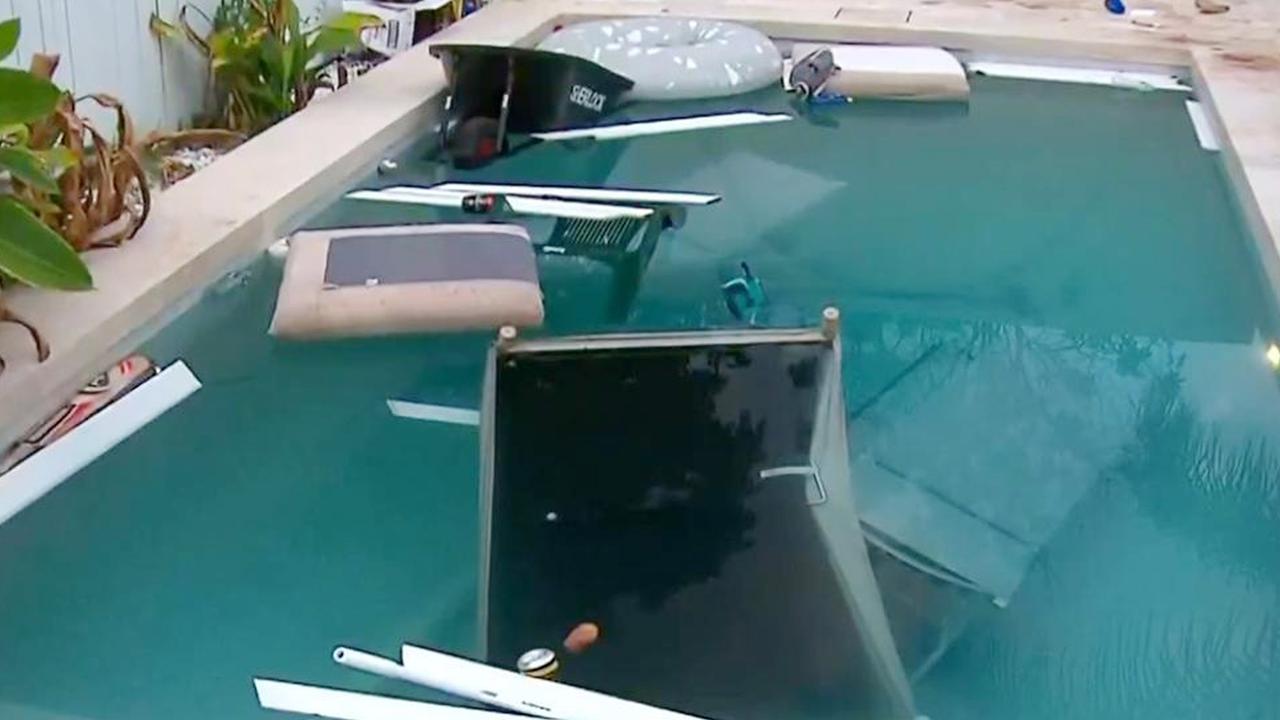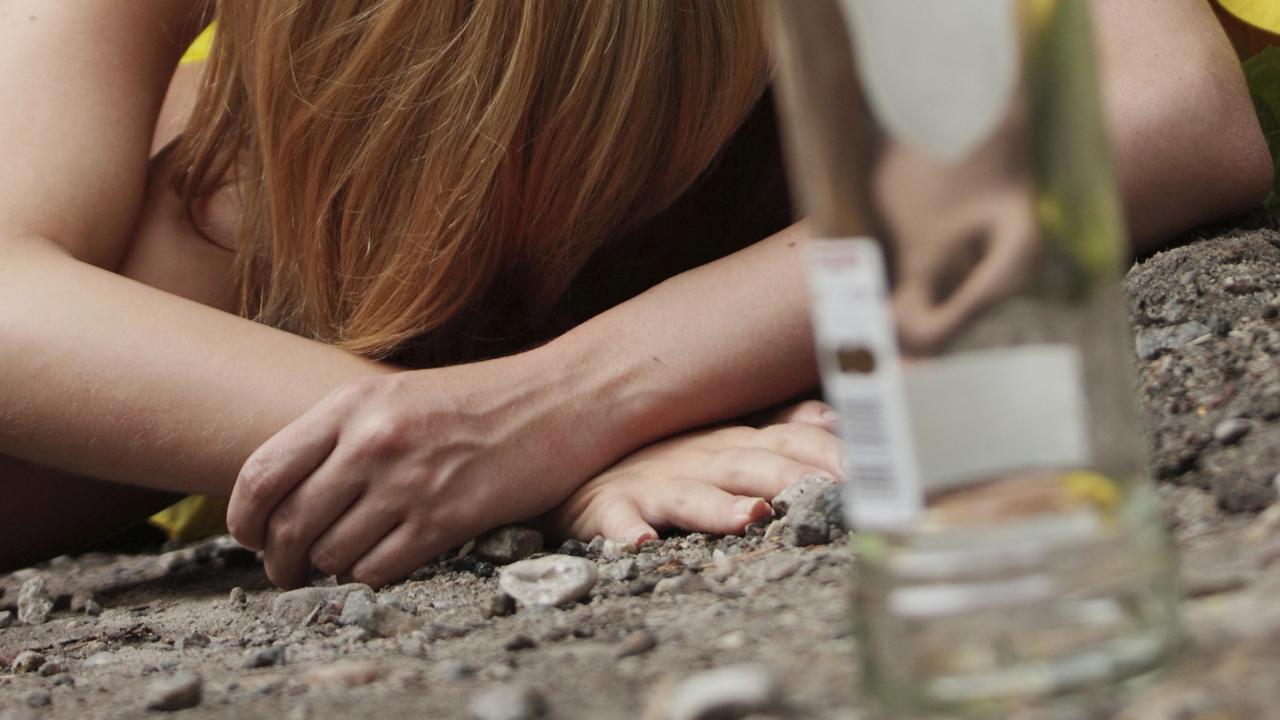Parents’ stories, researchers’ verdict on whether to delay your child’s start in school
It’s the age-old debate – does holding your child back from school give them an advantage? New studies appear to have some answers.
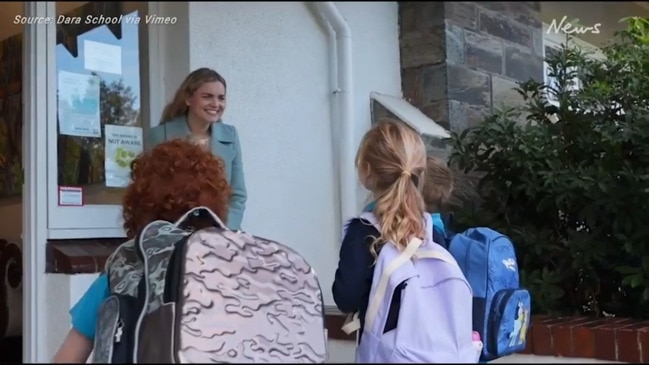
Education
Don't miss out on the headlines from Education. Followed categories will be added to My News.
As parents decide whether to start their children in school next year, one study has found holding back children’s core skills training showed little improvement in the long run, while other research found delayed children had greater confidence and their results improved as the years went on.
It’s the age-old debate – is it best to keep a child back a year if their teachers have concerns, or should they be sent forward with their cohort and given a chance to catch up down the line?
Parents are concerned about separating their child from their kindergarten or Prep friends, while others say there is nothing wrong with keeping a child back for an extra year of play-based learning.
Brisbane mother Tegan Seccombe has either already delayed, or plans to delay, her three children – Alicia, Hannah, and Hollie – from starting school by one year. Alicia is now in Year 1, Hannah will start Prep next year, and Hollie will start in 2027 when she is already six.
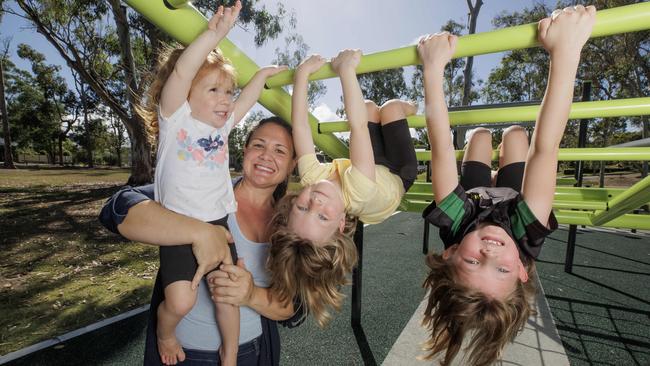
“With my eldest (Alicia) I just got the feeling she wanted to be in more of a play-based learning environment and she wasn’t ready to start school,” Ms Seccombe said.
“I don’t see why we need to rush to throw our children into school when they can have the extra time playing with friends and getting those social aspects up.
“Compared to some of her (Alicia’s) friends, who are a year younger, I can see benefits with her. She can handle situations better, she is more self-sufficient, she is better equipped to handle school and listening and learning.”
Brisbane mother Louise Gotting has a daughter in Year 2, a son in Year 4, and another daughter in Year 5.
Two of them are among the youngest in their cohort, she did not hold them back.
“We had conversations with the kindy teacher about both children, and in both cases they were sitting on the fence about whether they should be held back or not,” she said.
“My son was socially developmentally young, but we put him through and we’re happy we did because he would have been out of his brain if he did another year of kindy.
“While my Year 2 daughter was socially ready for school, but not interested in learning. We put her through and now is she taking an interest.
“I really believe they should be kept with their year group … I also have two siblings who were kept back and both now feel they should have been allowed to go.”
Triple P Positive Parenting Program director Carol Markie-Dadds said parents should seek advice from teachers if they were unsure whether their child is ready to make the step up.
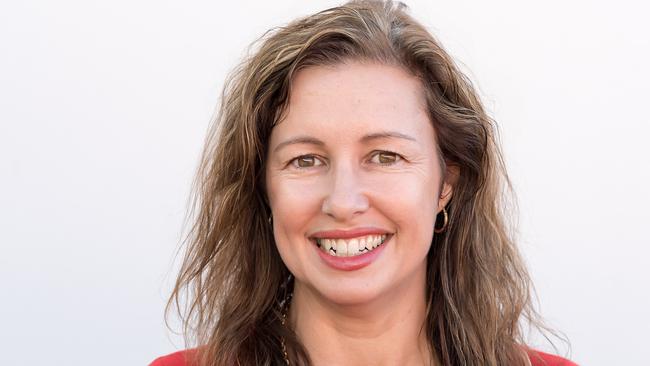
“Talk with your early childhood teacher, rather than going to other parents for advice, around what your child is doing well in and where there are concerns,” she said.
“But parents can also help children develop their self-regulation skills, and help them learn to share and get along with others. School shouldn’t be their first experience of that.”
The Triple P program was created in Queensland and has received government funding so it is available to parents with children of all ages.
A study published in 2020 by University of New England’s Sally Larsen and Callie Little found delaying a child starting school has little effect on their maths and reading skills.
The study of almost 3000 students compared NAPLAN reading and numeracy results of children who were held back, with those who were sent to school when first eligible.
Dr Larsen, a former high school teacher, said the held-back students showed slightly higher NAPLAN results in Year 3, but this advantage had largely disappeared by Years 5 and 7.
“We were interested in whether delaying entry by a year led to long-term advantages,” she said.
“We expected to see a fade-out effect. Intervention early in school has an effect, but is not long-lasting – that is what we found.
“All kids have the same exposure and amount of time in school and they are learning stuff all the time, so as they age, these differences fall away.”


On the flip side, Australian Catholic University professor Herb Marsh was involved in a study using German data and tracking 3500 students over five years of secondary school.
It found those who had been kept back a year, and were therefore among the oldest in their cohorts, had greater academic confidence than their younger peers.
“Each year a small number of students repeated the previous year in school. These students were typically held back because of poor academic performance,” Prof Marsh said.
“However, their academic performance improved greatly in the year they repeated.
“Importantly, they continued to do better in subsequent years.
“They also felt more confident and tended to get on better with classmates and teachers – so they benefited psycho-socially as well as academically.”
In Queensland, the school age cut off is June 30 and a child must be enrolled at a school by the time they are 6 years and 6 months old.
New South Wales has a July 31 cut-off, and it is compulsory for a child to be in school by their sixth birthday.
In Victoria and the Australian Capital Territory a child must be in school by six, with an April 30 cut-off.
West Australian children must start school at the beginning of the year they reach five years six months, with a June 30 cut-off. There is no wiggle room.
South Australia says children must be in school by their sixth birthday, with a May 1 cut-off.
Northern Territory legislation requires a child be at school by their sixth birthday. Their cut-off is June 30.



